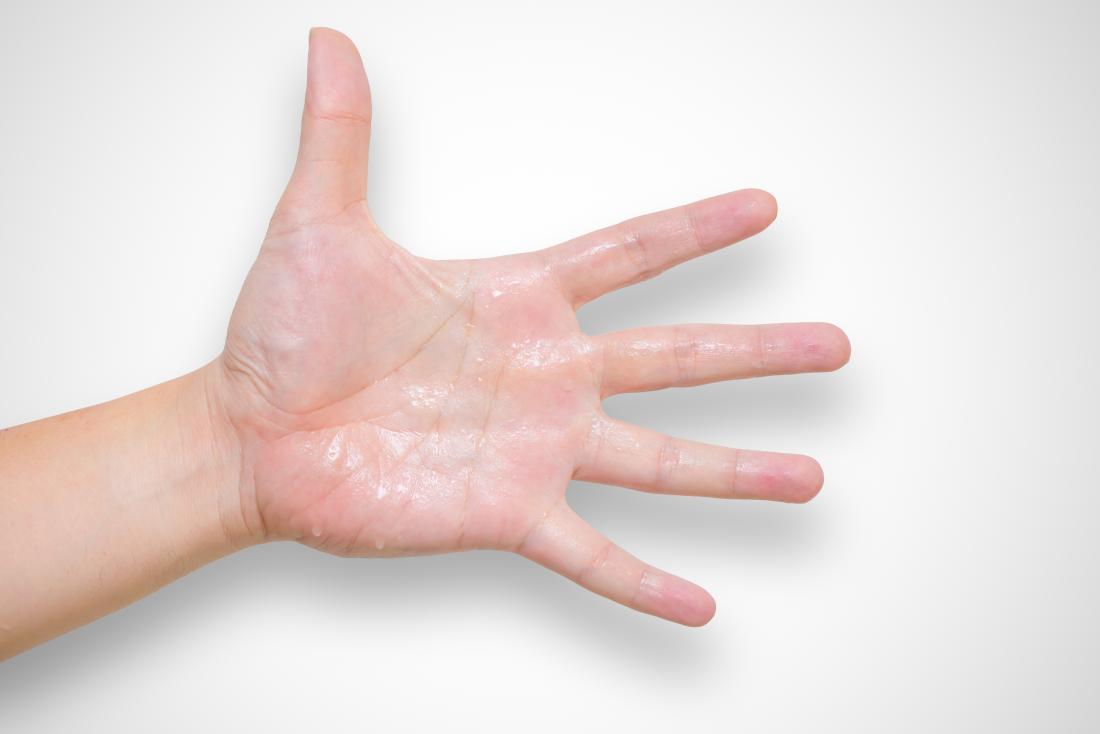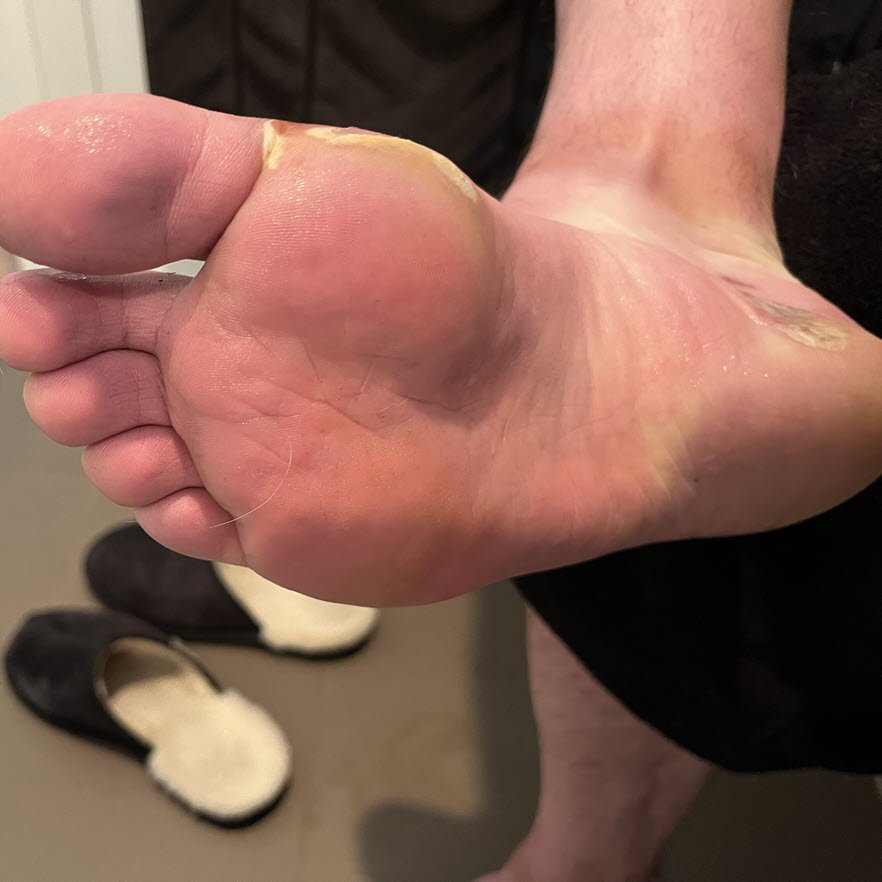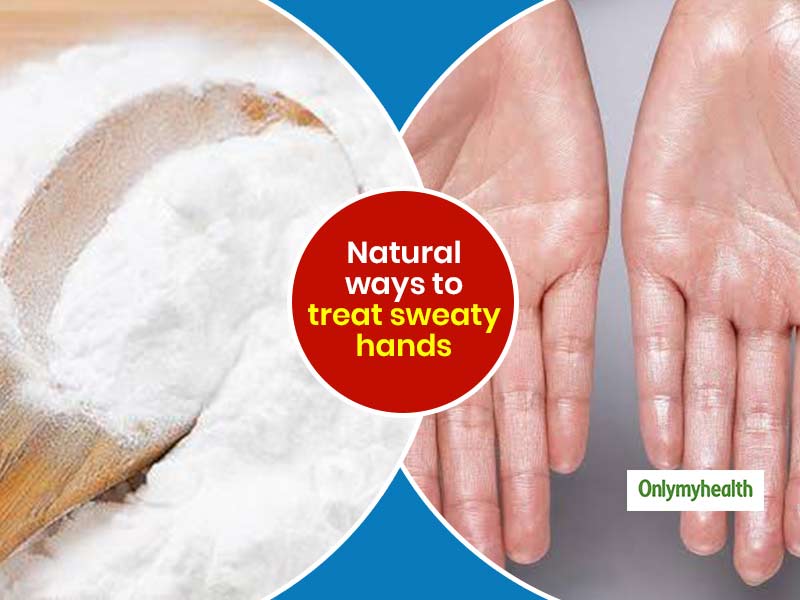Recognizing the Source of Excessive Sweating and Its Effect On Life
Extreme sweating, also called hyperhidrosis, is a condition that influences a significant portion of the population, yet its hidden reasons and implications on day-to-day working continue to be rather enigmatic. While it is typically comprehended as a physical feedback to regulate body temperature, the triggers for excessive sweating can vary commonly among people, incorporating not just physical variables but also emotional and mental components. In addition, the influence of this problem expands past plain pain, often influencing social interactions and overall lifestyle. By delving into the source of hyperhidrosis and discovering its complex results, a much deeper understanding of this pervasive issue can be gained, clarifying the intricacies that people facing extreme sweating navigate daily.
Physiology of Sweat Glands
The law of sweat production, an essential physical process, is largely managed by the activity of gland distributed throughout the body. Sweat glands are classified into 2 main kinds: eccrine and apocrine glands. Eccrine glands are the most many and are found in nearly all areas of the body. They play a crucial role in thermoregulation by producing a watery fluid onto the skin's surface, which vaporizes and helps cool down the body down. In comparison, apocrine glands are concentrated in locations abundant in hair follicles, such as the underarms and groin, and their secretions are thicker and milky in appearance.
When the body temperature climbs, either due to exercise, heats, or emotional stress, the nerve system triggers the sweat glands to create sweat. This sweat is made up primarily of water and electrolytes like sodium and chloride. The procedure of sweat manufacturing is essential for preserving the body's interior temperature level within a slim, optimal range, highlighting the important duty sweat glands play in human physiology.
Triggers for Excessive Sweating
In understanding the origin triggers of excessive sweating, it is crucial to recognize the triggers that can lead to this physiological response. Physical physical effort, high temperatures, and spicy foods are also recognized to set off excessive sweating in people prone to this problem.
Additionally, medications such as some antidepressants, opioids, and specific supplements can also work as triggers for hyperhidrosis. Comprehending these triggers is essential in handling excessive sweating properly - Treatment for hyperhydrosis of hands. By identifying and resolving the particular triggers that motivate excessive sweating in a private, healthcare suppliers can develop individualized treatment plans to relieve this condition and boost the person's lifestyle
Medical Issue Associated
Connected with extreme sweating are numerous medical conditions that can aggravate this physiological action. One usual condition is hyperhidrosis, a condition identified by abnormally enhanced sweating that goes beyond the body's thermoregulatory demands. This can manifest in focal areas like the hands, soles, underarms, or face, influencing an individual's lifestyle because of social humiliation and pain.
Additionally, endocrine disorders such as hyperthyroidism, diabetes, and menopausal warm flashes can likewise lead to excessive sweating. Hyperthyroidism causes an overflow of thyroid hormonal agents, accelerating metabolism and causing sweating.
Additionally, infections like tuberculosis, HIV, and endocarditis have been connected with night sweats, an usual sign known you can check here to interfere with sleep and affect general well-being. These clinical conditions highlight the varied variety blog of underlying factors that can add to excessive sweating, demanding extensive evaluation and monitoring by health care specialists.
Mental and psychological Elements

Influence On Social Communications
Excessive sweating can have extensive results on an individual's capacity to engage easily in social communications. The visible indicators of sweat stains or wet spots on clothing can cause embarrassment and check my source self-consciousness, causing people to take out from social situations. This withdrawal can affect partnerships, limit social activities, and prevent expert and individual development.

Furthermore, the stress and anxiety and self-confidence concerns originating from excessive sweating can affect communication and interpersonal skills. Individuals may have a hard time to concentrate on discussions, get involved in team tasks, or share themselves with confidence. This can bring about sensations of seclusion and isolation, as social links come to be testing to keep.
Verdict

While it is typically understood as a physiological feedback to manage body temperature level, the triggers for extreme sweating can vary widely amongst individuals, encompassing not just physical variables however likewise emotional and emotional components. By delving into the origin creates of hyperhidrosis and exploring its multifaceted results, a much deeper understanding of this pervasive concern can be gotten, shedding light on the intricacies that people grappling with excessive sweating browse on an everyday basis.
Physical exertion, high temperature levels, and spicy foods are likewise known to cause extreme sweating in individuals vulnerable to this condition. By recognizing and attending to the specific triggers that trigger extreme sweating in an individual, health care companies can develop individualized treatment strategies to reduce this problem and enhance the individual's high quality of life.
Excessive sweating can have extensive effects on a person's capacity to engage pleasantly in social interactions.